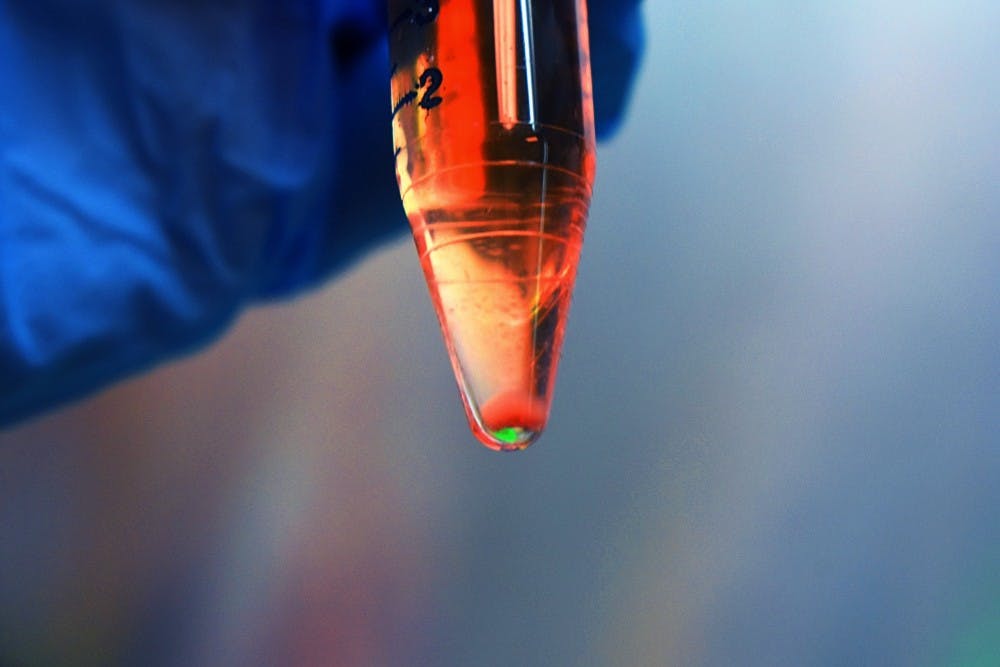
Seven Penn Medicine researchers recently won the prestigious National Institute of Health Director’s Awards.
These grants are a part of the NIH’s High-Risk, High-Reward Research Program, which is intended for endeavors that are more open-ended and may have a broader impact as compared to traditional research. The program supports exceptionally creative scientists pursuing highly innovative research to tackle major challenges in biomedical science. A total of 93 awards were granted this year across four categories, with each category having at least one Penn Medicine recipient.
James Eberwine, the Elmer Holmes Bobst Professor of Pharmacology, received the Pioneer Award, which is for outstandingly creative scientists pursuing new directions and approaches. This is Eberwine's second time receiving the award, according to the PennMed press release. He will be given up to $3.5 million for his research on RNA structure within single cells in cortex and hippocampus tissue in the brains of mice and humans. Since intracellular forms of RNA are not well understood, his unique work could influence the development of future therapies, according to the press release.
Sydney Shaffer, an assistant professor of Pathology and Laboratory Medicine and of Bioengineering, won the Early Independence Award, which supports driven and mature junior scientists pursuing independent research. She will receive $1.25 million over five years for her work on melanoma.
The New Innovator Award, which is for investigators working on high-impact projects, was awarded to three Penn professors. All three recipients will each receive $2.4 million over the course of five years. Maayan Levy is an assistant professor of microbiology researching new forms of communication between the intestinal microbiome and host immunity. Ophir Shalem, an assistant professor of genetics, is working on the development of functional genomics, gene-editing tools, and applications to study a range of disorders. Christoph Thaiss, an assistant professor of microbiology, studies the role of amyloid proteins in intestinal host-microbiome interactions.
Rajan Jain, an assistant professor of Medicine and Cell and Developmental Biology, and Arjun Raj, a professor of Bioengineering, received the Transformative Research Award. This award is for projects that are risky yet potentially paradigm-shifting and is worth over $5 million. Together, they will use their grant to study factors that control cell identity and how they regulate transdifferentiation approaches, which will allow scientists to transform one cell into another more effectively. Jain previously received a New Innovator Award in 2018.
In previous years as well, numerous Penn professors have also received the NIH Director’s awards. In 2018, seven Penn researchers were selected among 97 awardees. In 2017, Hao Wu was the sole Penn recipient of a Director’s Award and was given the New Innovator Award.
The Daily Pennsylvanian is an independent, student-run newspaper. Please consider making a donation to support the coverage that shapes the University. Your generosity ensures a future of strong journalism at Penn.
Donate




